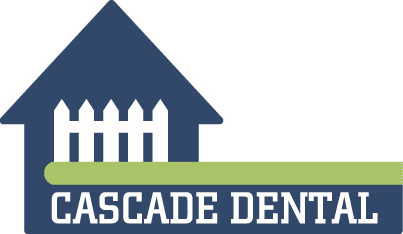Dry mouth, decreased saliva production (higher cavity risk), bad breath, snoring and sleep apnea. It can also affect facial development in children if it persists over time.
Chronic mouth breathing can lead to respiratory problems and worsen symptoms related to asthma.
Ways to help
1. Nasal breathing exercises: Practice breathing through the nose regularly to strengthen nasal passages and retrain the body to breathe through the nose.
2. Maintain proper posture: Keep the head and neck aligned
3. Stay hydrated: can help keep nasal passages moist.
4. Address allergies or nasal congestion
5. Use nasal strips or dilators
6. Practice relaxation techniques: Stress and anxiety can contribute to mouth breathing
7. Seek professional help: If mouth breathing persists despite trying these methods, consult a healthcare professional, as there may be underlying issues such as a deviated septum or enlarged tonsils that need addressing




